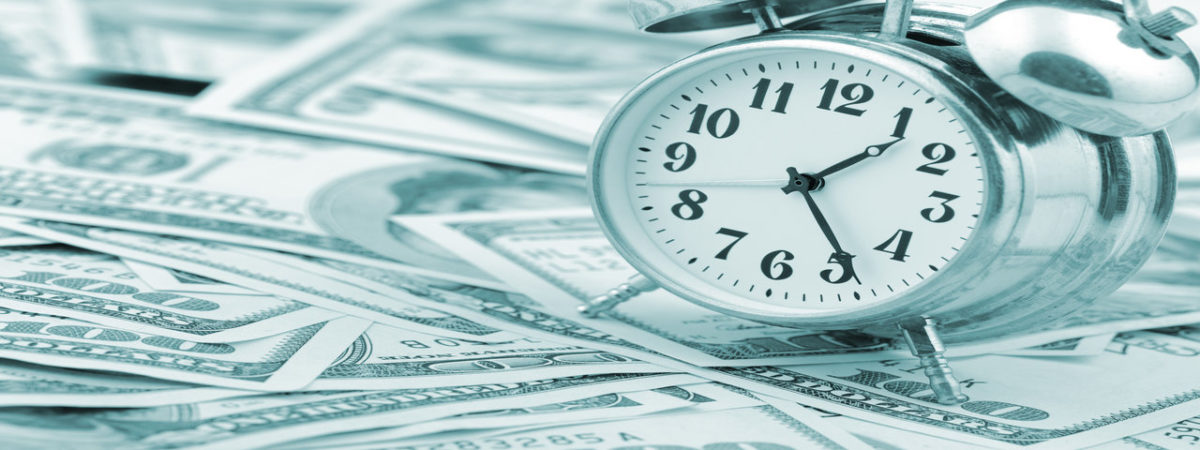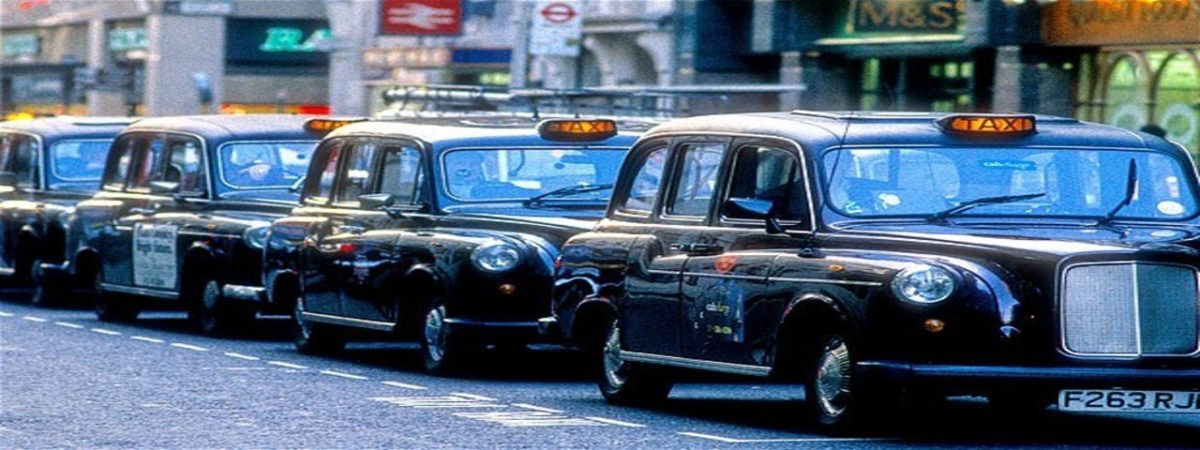Sugar taxes have never worked anywhere
SUGGESTED



If you are a politician, the best tax is the one that is least unpopular. Jean-Baptiste Colbert famously said that ‘the art of taxation consists in so plucking the goose as to obtain the largest possible amount of feathers with the smallest possible amount of hissing.’ When George Osborne announced the introduction of a tax on sugary drinks in 2016, he may have had this dictum in mind. The tax came into effect in April and may yet prove to be unpopular, but it was warmly welcomed by health campaigners and the celebrity chef Jamie Oliver at the time.
As an anti-obesity policy, it is unlikely to work, even in theory. Sugary drink consumption in Britain has dropped by nearly 50 per cent since 2003, but this has not prevented a rise in obesity. The tax may help consumption fall by a few more percentage points, but the effect on overall calorie intake can only be trivial in a country where less than three per cent of calories come from soft drinks.
Various ‘fat taxes’ and ‘soda taxes’ have been introduced over the years, but nowhere in the world have they led to a reduction in obesity. Mexico was hailed as a great success story after it introduced a sugary drink tax in 2014 and reputedly saw to a six per cent decline in sales. Even if this figure is correct – and it has been contested – it amounts to just 16 fewer calories consumed per day, a drop in the ocean when an adult male needs 2,500 calories to maintain a normal weight. Unsurprisingly, there is no suggestion that obesity rates have declined.
A large body of economic evidence shows that consumers respond to such taxes in a number of ways. Most people do not change their shopping habits and simply take the hit. Some people purchase cheaper brands and shop in cheaper stores. Others switch to untaxed substitutes such as fruit juice and milkshakes which are equally energy-dense. People respond to incentives, but not usually in the way the government intends. As a consequence, the effect on their calorie consumption is negligible and the effect on their waistline is non-existent.
Health campaigners could argue that the sugar tax is worthwhile even if it has no direct effect on obesity because its revenue is earmarked for school sports and breakfast clubs. But whilst these may be beneficial projects, there is no obvious reason why they cannot be funded out of general taxation, especially when a hypothecated sugar tax will produce unpredictable and dwindling revenues over time. Nor is there any obvious reason to tax sugary drinks rather than, say, ice cream or chocolate. It could be argued that the government has to get money from somewhere and so it might as well target sugary drinks, but this sounds rather like pointing at things and taxing them.
In truth, the sugar tax was a political decision. Osborne judged that plucking this particular goose would cause the least amount of hissing. He had organisations like Action on Sugar to back him up and he could present it as a health policy rather than a tax grab. It is not yet clear whether it will cause significant economic disruption – probably not – but it is certainly regressive, not only because it takes a greater share of income from the poor, but because people on low incomes tend to buy more sugary drinks in the first place. Similar taxes Denmark and Illinois were repealed because they were seen to disproportionately hurt people on low incomes.
Perversely, this could be the true appeal of such taxes to governments. They give politicians the rare opportunity to tax people who we normally feel squeamish about taxing: the poor, the unemployed, even children. Not only can they get away with it, they can feel virtuous about it.
This article will appear in the forthcoming edition of EA magazine.
3 thoughts on “Sugar taxes have never worked anywhere”
Comments are closed.





Just a couple of paradoxes: “From an economist’s perspective, the best tax is the one which causes the least disruption to economic activity. Most people would agree that it is better to tax luxuries rather than essentials, and it is better to tax the rich than the poor.” Actually, least disruption to economic activity almost certainly comes from taxing essentials because it does not change behaviour. Secondly, if the sugar tax does not change behaviour, from an economists point of view, it is an okay tax. So, we should be happy that it is not achieving its objectives – that is a good thing to an economist.
Optimal resource allocation comes from the internalisation of costs, not the “least disruption” to people doing what ever they want.
Its why we need laws, regulations and even Pigouvian Taxes
its like anything, the green tax when you fly, currently £10 I wonder does the air become that bit cleaner when I pay this… no it doesn’t it just goes in to the great wasteful government budget to be slushed round and giver over paid civil servants who do sod all more money. thing is with all these taxes and the plethora of stealth taxes that labour brought in during the Blair years, we are no better off in fact we pay more taxes than ever and services are a complete shambles NHS is a complete mess, with doctors who are incompetent as well as nurses, but god forbid you point that out. Teachers that are hopeless honestly as a parent I’m sick of correcting the homework sent home from the maths and science teachers at a high school. I would pay from private but I’m a fair believer that if you do then you shouldn’t pay the tax towards that part of the system that you are not using. every tax system there in the last 30 odd years gets more comical.